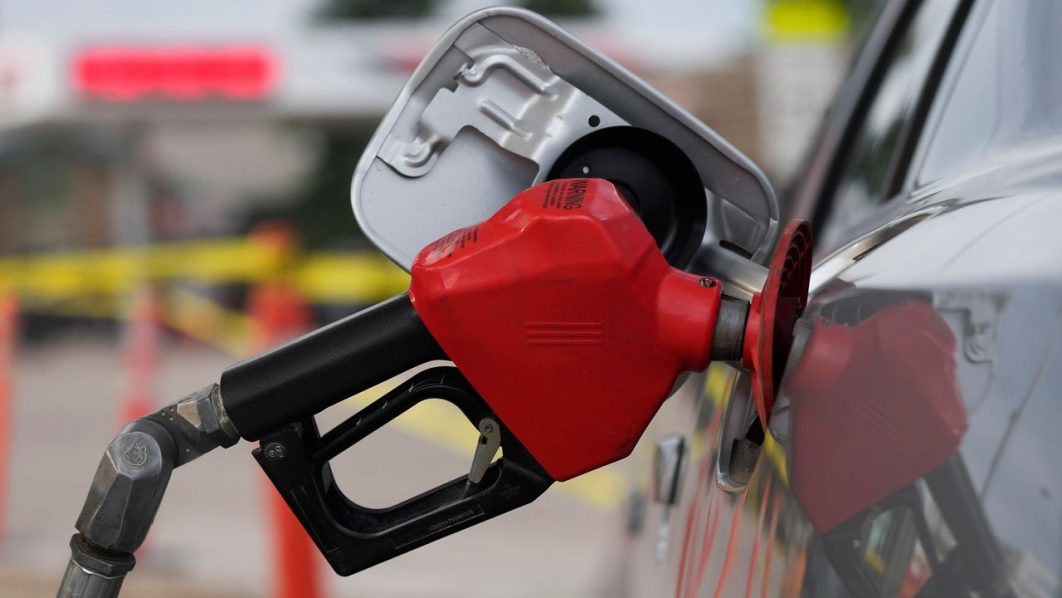
Following the removal of subsidy by President Bola Tinubu in May 2023, Nigeria has recorded a drop in Premium Motor Spirit (PMS) importation. According to the petroleum products distribution statistics report released yesterday by the National Bureau of Statistics (NBS), PMS import dropped by 3.58 billion litres in H2 2023 compared to H1 2023.
The country, the report noted, imported 8.36 billion litres in H2 2023, a significant decrease from the 11.94 billion litres imported in H1 2023, marking a 29.99 per cent reduction.
The volume of PMS, also called petrol, fell year-on-year (YoY) by 12.6 per cent to 20.29 billion litres in 2023 from 23.24 billion litres in 2022. According to the bureau, the volume of Automotive Gas Oil (AGO), also known as diesel, imported rose by 4.94 billion litres in 2023 from 3.99 billion litres in 2022.
The statistics also showed that 109.39 million litres of AGO was locally produced in 2023, a 6.76 per cent rise from 102.47 million litres produced in 2022.
Similarly, the volume of Household Kerosene (HHK) locally produced grew by 56 per cent YoY to 69.7 million litres in 2023 from 44.68 million litres in 2024.
However, the data showed that local production of petrol ended in 2018 when 128.08 million litres were produced. NBS said: “In 2023, PMS truck out stood at 20.22 billion litres, indicating a 16.96 per cent decrease relative to 24.35 billion litres recorded in 2022. About 69.71 million litres of HHK were locally produced in 2023 compared to 44.68 million litres in 2022, indicating a growth rate of 56.02 per cent.
“For AGO, 109.39 million litres were locally produced in 2023, higher than the 102.47 million litres reported in 2022. This represents a 6.76 per cent growth. In terms of imported products, 20.30 billion litres of PMS were imported in 2023, relative to 23.54 billion litres in 2022, showing a decrease of 13.77 per cent.”
These figures highlight the profound impact of the subsidy removal on the volume of petrol imported into the country. With the announcement of fuel subsidy removal by Tinubu, in his inauguration speech on May 29, 2023, fuel prices soared across Nigeria, with some stations selling as high as N700 per litre.
According to the 2023 full-year foreign trade data, Nigeria’s fuel import costs decreased by approximately 2.6 per cent, from N7.7 trillion in 2022 to N7.5 trillion in 2023. In terms of semi-annual comparison, the country incurred N3.5 trillion in fuel importation costs in H2 2023, a 10.26 per cent decrease compared to the N3.9 trillion recorded in the first half of the year.
Also, in H1 2024, the country’s petrol import bill stood at N5.8 trillion. Compared to the same period of 2023, the country’s petrol import bill increased by 87.09 per cent from N3.1 trillion. The significant increase in petrol imports can be attributed to high crude oil prices and a weakened naira.
There has, however, been an ongoing debate over whether the subsidy was truly eliminated, as reports have surfaced suggesting that the Nigerian National Petroleum Company Limited (NNPCL) was still incurring debts related to fuel import.
The controversy deepened when it was revealed that the NNPC turned to the Federal Government for financial assistance to cover fuel import costs, even after the subsidy removal.






